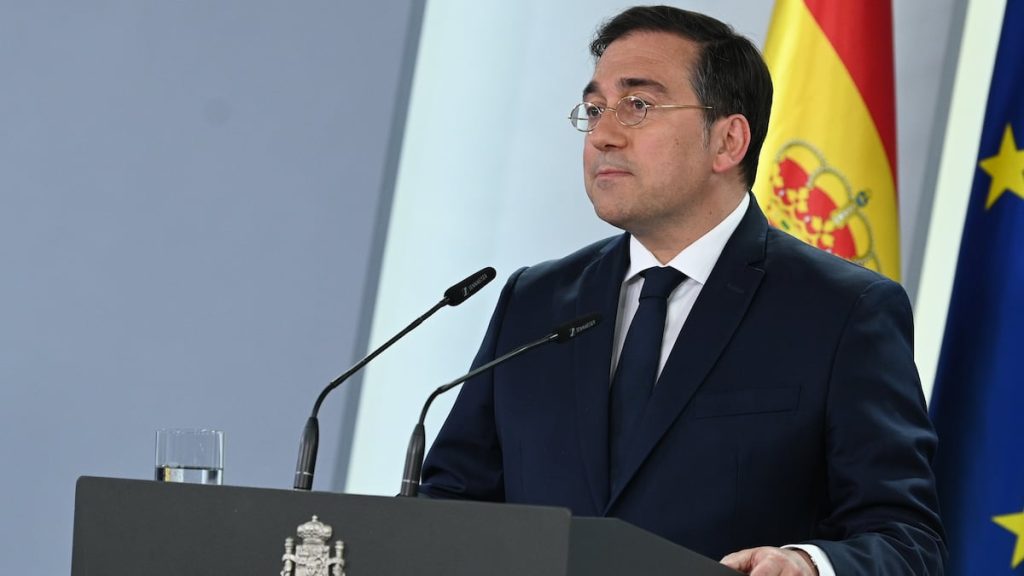The upcoming European elections on June 9 will put the battle of narratives between the two main parties in Spain to the test. The PSOE, which recently won the Catalan elections and bounced back in the Basque elections after a setback in Galicia, is framing the elections as a new showdown between blocks: the left against the alliances of the Popular Party and Vox. Former President José Luis Rodríguez Zapatero stated that they want to prevent the right from aligning with the far right. On the other hand, the PP is celebrating its comeback in Catalonia, where it has surpassed Vox and is now the fourth political force. They are reviving the controversy over the amnesty law that they shelved in the Catalan elections and are relying on their plebiscitary strategy to win.
A 40dB survey for EL PAÍS conducted between May 10 and 15, including the impact of the Catalan elections, provides insights for both parties. The data shows that the PSOE and PP are neck and neck in voting intention, with the PSOE at 29.4% and the PP at 28.3%. Vox comes in third at 12% and Ciudadanos at 9.9%. These results indicate a close race between the two major parties, with the far-right Vox continuing to gain support. The survey also highlights the importance of the European elections as a platform to respond to Pedro Sánchez’s government.
Both the PSOE and the PP are focusing on mobilizing their bases and attracting undecided voters in the run-up to the European elections. The PSOE is emphasizing the importance of preventing the rise of the far right by presenting a united front on the left. They are highlighting their recent electoral victories in Catalonia and the Basque Country as evidence of their growing strength. On the other hand, the PP is promoting a plebiscitary strategy, framing the elections as a referendum on Pedro Sánchez’s government. They are also drawing attention to their improved performance in Catalonia as a sign of their resurgence.
As the European elections draw near, the battle of narratives between the PSOE and the PP is intensifying. Both parties are utilizing different strategies to attract voters and gain an advantage in the polls. The PSOE is focusing on preventing the right from aligning with the far right and highlighting their recent electoral victories, while the PP is promoting a plebiscitary strategy and emphasizing their improved performance in Catalonia. The 40dB survey provides valuable insights into the current political landscape in Spain, showing a close race between the two major parties and the continued rise of the far-right Vox party. It remains to be seen how these dynamics will play out in the upcoming elections on June 9.


